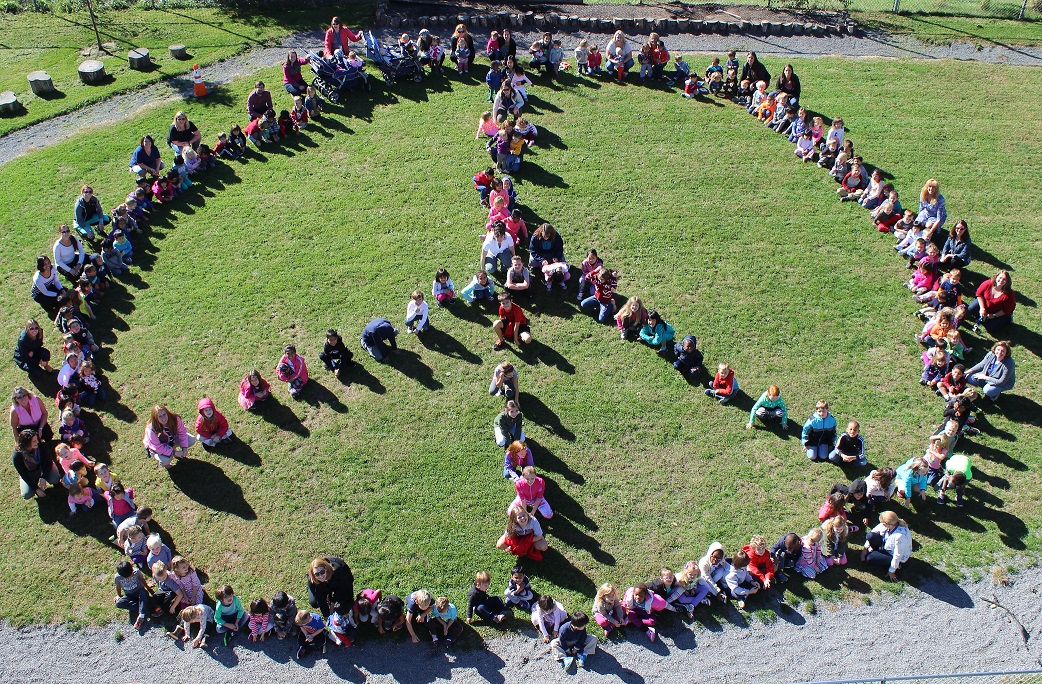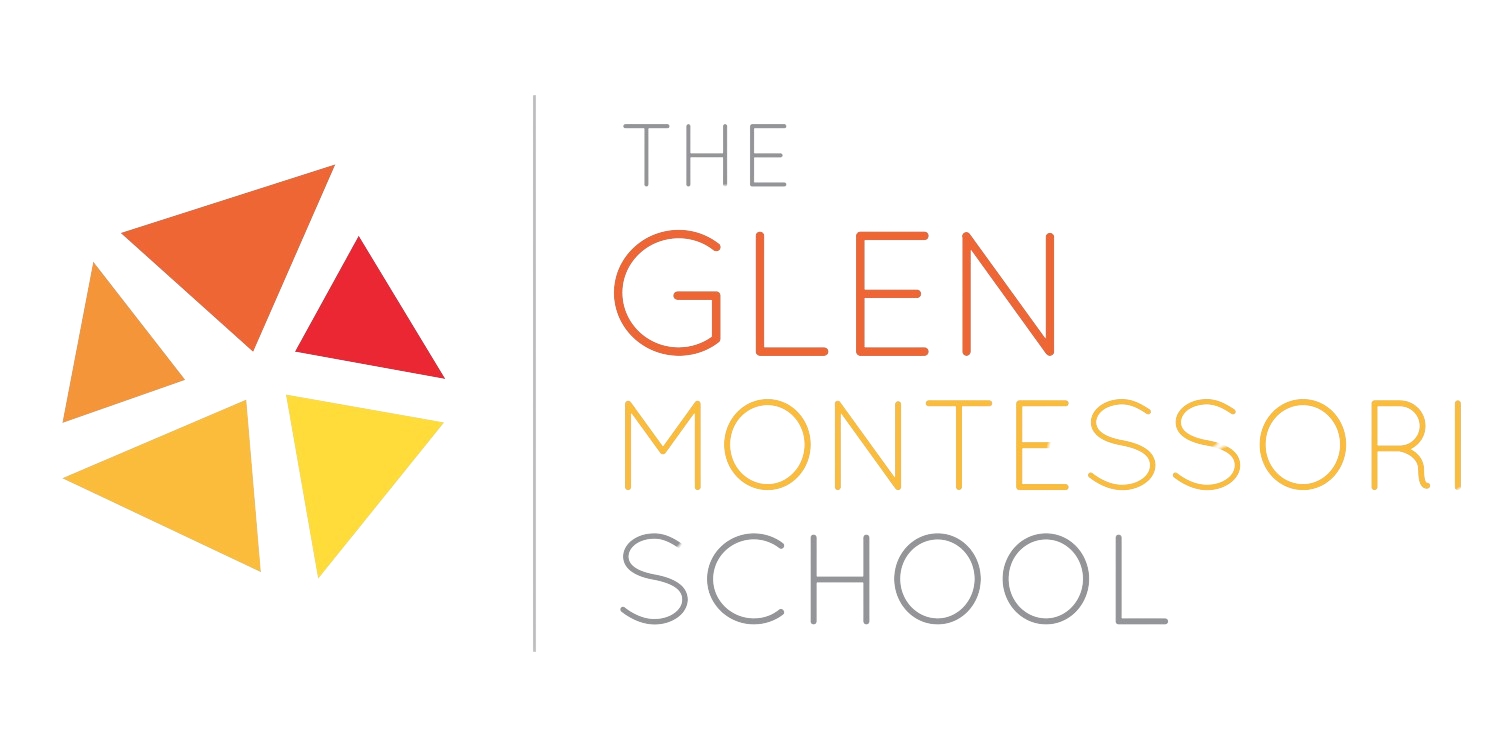Peace Education and Montessori: A Message from the Head of School

“True peace … suggests the triumph of justice and love
among men; it reveals the existence of
a better world where harmony reigns.”
Dr. Maria Montessori
As I mentioned in yesterday’s Montessori Minute, this week has truly demonstrated the many things that divide us as a community. Physically, we continue to be separated by the coronavirus and the health implications it brings to our students and faculty. But this separation is temporary, and we will eventually come back together for the in-person Montessori experience we are missing.
The tragic death of George Floyd, however, runs deeper and wider. It is a separation that is not easily solved by just opening our campus once again. It is a divide that requires each of us to look deep into ourselves and examine our own thinking and beliefs. This event and the associated conversations have identified a number of problems in our communities. At The Glen, we are working diligently to be part of the solution.
Having been a Montessorian for more than 20 years, sometimes it is easy to forget that bringing children and families together across racial and ethnic divides is hard and deliberate work. Peace and social justice is a core component of every Montessori curriculum. It is a purposeful and thoughtful aspect of your child’s educational experience at The Glen. However, this week has been a reminder that unlike literacy and math activities (also core to your child’s experience), peace and social justice require us all, as educators, administrators, and parents, to dig deep into ourselves to act with thoughtfulness and care. The Glen is grateful to have a diverse school community, but we know that a diverse environment is not enough.
It can seem daunting to talk to children about race. There is quite a bit of research that shows that some parents, almost overwhelmingly white parents, avoid these discussions because they hope to not influence their children into seeing differences between people. The research also tells us that when conversations about race happen in a meaningful way, children’s perceptions and attitudes about race improve. An “everybody’s equal” statement is not sufficient.
Montessori training instructs teachers on how to have these meaningful conversations – and they can be used by parents in the home as well. Teachers are trained to point out the character of people and how that is separate from a person’s appearance. Montessori trained teachers are taught to model an attitude of appreciation for the value of all people and their right to be treated respectfully with dignity. They are taught to demonstrate the importance of listening to others and respecting each person and their experiences and empowering our children to stand in their principles.
Our classroom community meetings allow students to bring forward their own concerns and advocate for others in their classroom community. The Glen’s system of education and discipline is individualized. As we look at each student as an individual and create partnerships between home and school it helps us to develop restorative practices that incorporate shared values.
We also know that children of all ages benefit from these conversations. A good place to start a conversation with young children is simply to ask them about their friends and listen to the way they describe them. This can provide an opportunity to discuss the characteristics of people, inside and out. Older children may be aware of current events in our communities and wonder what that means for them. I encourage you to openly discuss your family’s values and how you are feeling about these events. We are role models for our children. The children are watching us to determine how they should behave.
Many parents ask me how to have these difficult conversations with their child – and I always start with reading and discussing. I am providing a link to two handouts that I had received at an Anti-Biased training I attended in 2018 – a guide to selecting anti-biased children’s books and a list of selected books for empowering children of color and addressing the differences between us without bias. Several of these books are on EPIC (for those of you with access) and the Carnegie Library system also has many of these through Libby or Hoopla apps.
Guide For Selecting Anti-Bias Children’s Books
Using Picture Books
Additionally, I would encourage you to explore the many resources for families interested in beginning and/or continuing this conversation from the Anti-Defamation League here. We have partnered with this organization multiple times through the years for professional development and have found them to be a wealth of information.
The Glen has long maintained a non-discrimination policy (see the Parent Guardian Handbook in SchoolAdmin), and we operate under the strict guidelines as a full member of the American Montessori Society (please see a message from the AMS’s Board President in response to this tragic incident here).
In close, the role of The Glen in combating racism is something we do every single day in our classrooms – in large and small ways that are age-appropriate for the developmental needs of the children we serve. Our teachers teach our students to thoughtfully challenge unkindness, draw attention to character traits that make individuals special, and when tragic events of last weekend occur, allow children a safe place for discussion.
Jackie Herrmann, Head of School
“Peace is a goal that can be attained only through common accord, and the means to achieve this peace are twofold: first, an immediate effort to resolve conflicts without recourse to violence- in other words, to prevent war — and second, a long term effort to establish a lasting peace among men. Preventing conflicts is the work of politics; establishing peace is the work of education. We must convince the world of the need for a universal, collective effort to build the foundation for peace.”
Dr. Maria Montessori, Peace and Education



